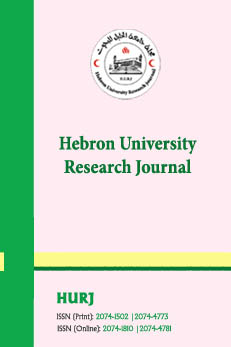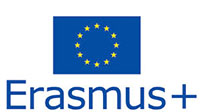SDG 12: Responsible Consumption and Production
Hebron University’s Commitment to SDG 12: Fostering Responsible Consumption, Production, and Sustainable Waste Management
The promotion of responsible consumption and production practices is a key component of Sustainable Development Goal 12 (SDG 12), which aims to reduce waste and ensure more sustainable resource utilization. In Palestine, Hebron University is committed to promoting sustainable waste management methods, minimizing the use of plastic, and acknowledging the significance of SDG 12.
A group of students from the College of Science and Technology participated in a conference entiltled: "Food Sovereignty and Youth and Women's Challenges in Palestine". The conference dealt with a number of important themes and topics that highlighted the role of youth and women as part of the development scene, especially with regard to the agricultural sector, by discussing concepts of food sovereignty, food security, social justice, consumption and production, in addition to other important related topics such as presenting the experience of the municipal seed bank as a practical example of adopting the concept of food sovereignty.
the implications of organizational variables of waste management of stone and marble sector in the city of Hebron. Since it is considered as one of the most important industrial sectors in Hebron. And to evaluate current situation by observing waste management techniques if exist, or suggesting proper techniques. Also, to enhance performance by taking advantage of any possible academic industrial cooperation.
Hebron University - Agricultural Environmental Management for Wadi Al-Semin
This project addresses agro-ecological development. It deals with an area that is politically, environmentally and agriculturally sensitive.This Wadi Semin project is the first scientific research linking the environmental characteristics of groundwater, wastewater, soil, and Geographic Information Systems (GIS), based on spatial data, to make environmental decision-making and the sustainable development of the region.
Bio-medical waste (BMW) production has significantly grown due to the effort to fight the COVID-19 coronavirus pandemic. A sudden increase in the volume of biomedical waste brought on by the recent coronavirus pandemic has severely affected several governments that have previously struggled with inadequate medical waste management.





